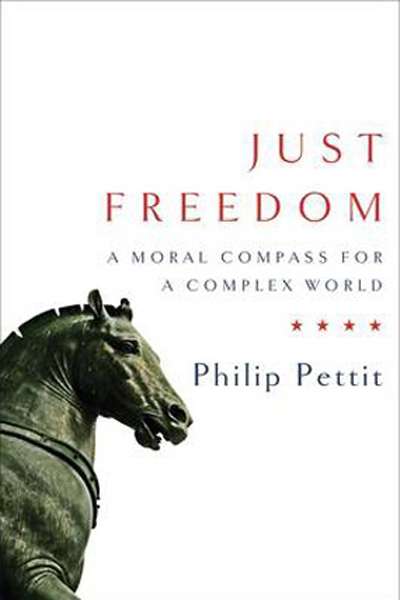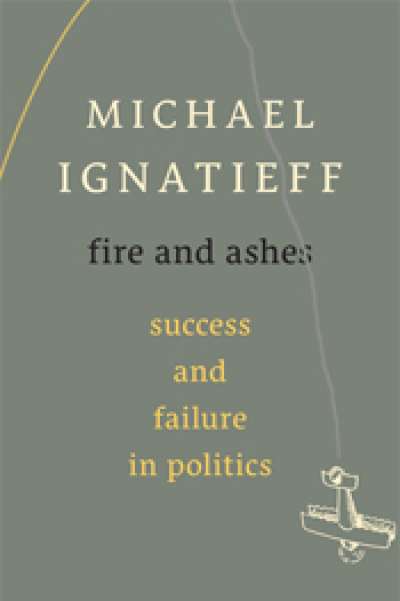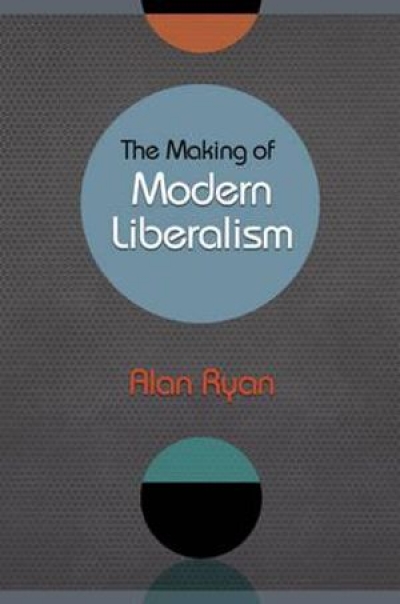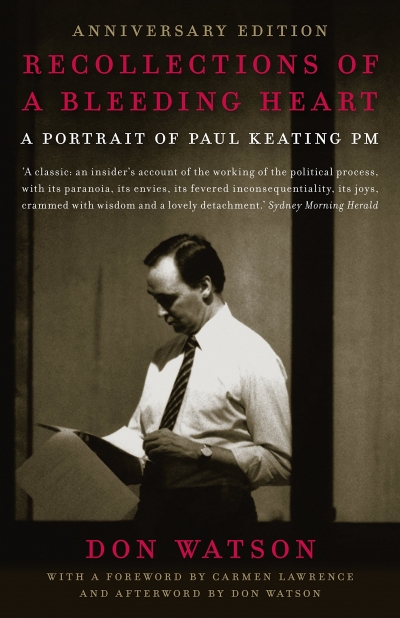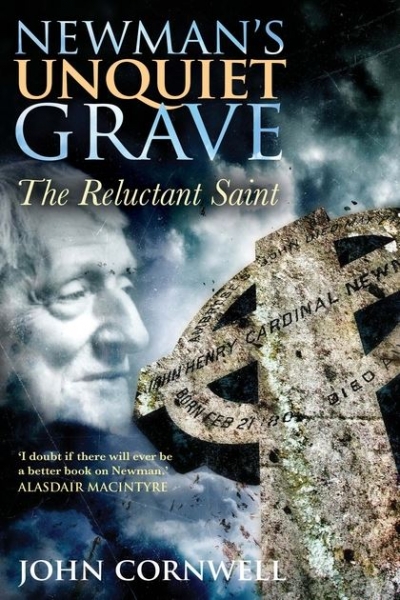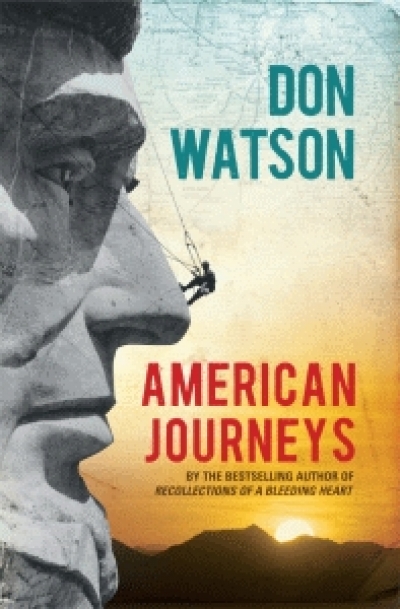Glyn Davis
Just Freedom: A moral compass for a complex world by Philip Pettit
by Glyn Davis •
Fire and Ashes: Success and failure in politics by Michael Ignatieff
by Glyn Davis •
Recollections of a Bleeding Heart: A Portrait of Paul Keating PM, Second Edition by Don Watson
by Glyn Davis •
Mad World: Evelyn Waugh and the secrets of Brideshead by Paula Byrne
by Glyn Davis •
Most editors look forwards, not back. We have to: there are pages to fill, readers to court, deadlines to meet. But publication of a 300th issue of a literary review invites retrospection, if not undue nostalgia... ... (read more)

